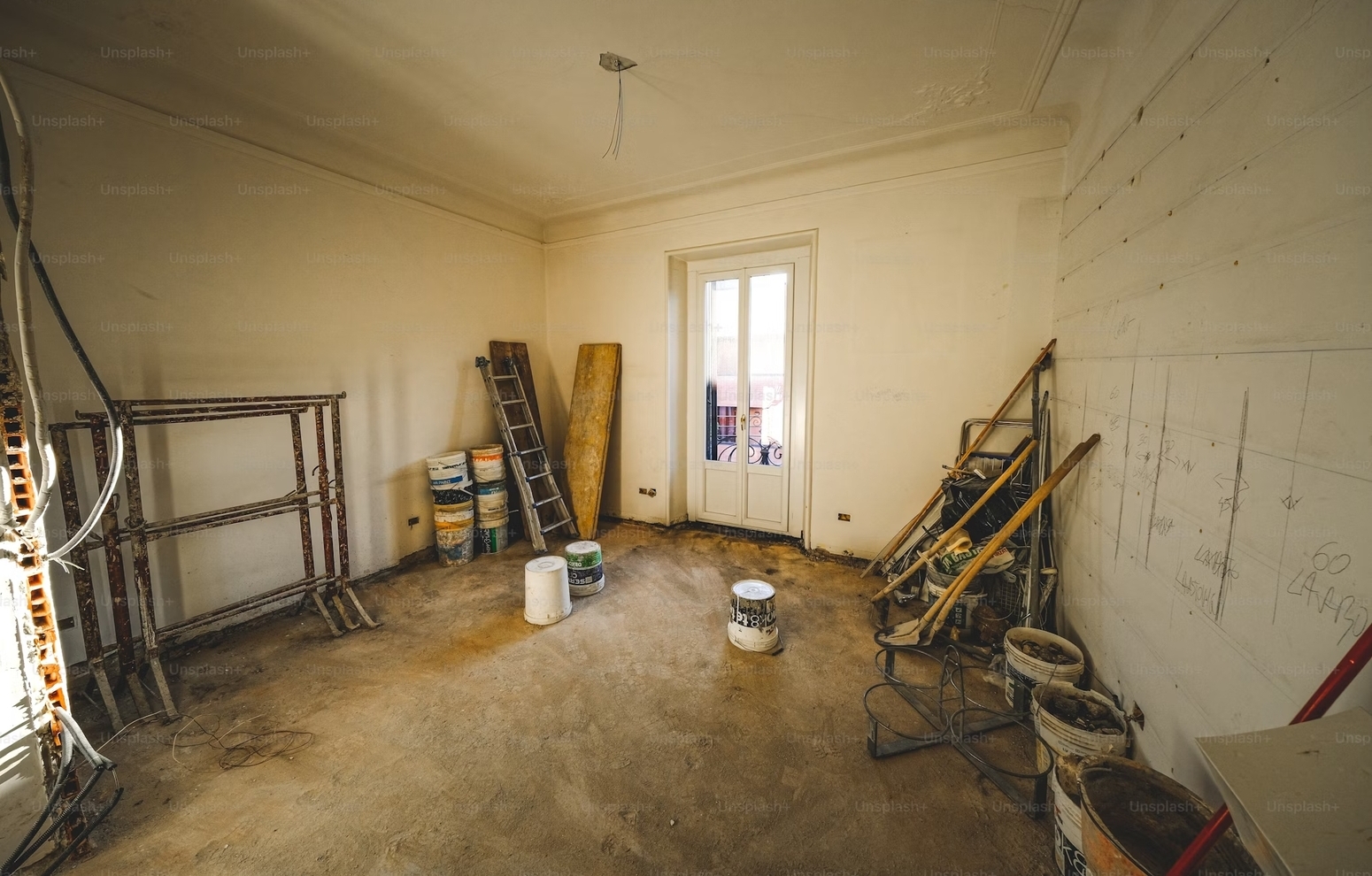- What is the rent to buy contract? It is a new type of contract under which the owner immediately delivers the property to the tenant-future buyer, upon payment of a fee which must include two distinct components: one for payment of use and one to be charged to the final sale price. After a certain period of time, the lessee can decide whether to purchase the property, deducting from the price the component of the fees paid intended for the purchase price. Example: Consider the sale of an apartment costing 100,000 euros. The monthly fee is agreed at 1,000 euros per month: a part of this price, for example 500 euros, is given for use, as if it were a normal lease, and as in a normal lease, this part is lost. The remainder, i.e. the other 500 euros, are to be considered an advance on the sale price, so they have the effect of reducing the final price. If after 5 years the tenant decides to buy the apartment, he will not have to pay 100,000 euros, but 70,000 euros, because 30,000 have already been paid with the specific rent component.
- Is the tenant obliged to buy the house after the period of use? Within what period will he be able to decide to buy it? No, the law provides that the tenant has the right to buy the property, but not the obligation. Obviously the parties can agree that the tenant is obliged to buy, but then the contract is different from the rent to buy. The term within which the tenant can decide to purchase the house is established by the parties (the purchase must in any case take place within ten years if the booking effect of the transcription is to be maintained).
- What are the advantages and risks for the seller? The main advantage is the possibility of finding a higher number of potential buyers. The risk is that the tenant decides not to buy the property. In this case, however, the owner can retain all or part of what was paid by the tenant to be charged to the price. The other risk is that of finding the property occupied by the defaulting tenant, and having to appeal to the judge to release it and sell it to others.
- In the event of non-purchase or non-payment of fees, will the owner have to undertake an eviction procedure, with all that it entails in terms of time and costs? The procedure is not that of eviction, but of releasing the property; the time of release of the asset depends on the individual courts. In order to speed up this procedure, it will be necessary to stipulate the rent to buy deed in the form of a public deed, which can be used as an enforceable title to start the release procedure before the judicial authority (Article 474 of the Code of Civil Procedure).
- Are there other safeguards that the seller must adopt? It is advisable to agree on the part of the fees that the owner will be able to keep in the event that the sale is not reached, so that the owner is adequately compensated for the failure to conclude other business. This also indicates the seriousness of the tenant’s commitment to the purchase of the property.
- Is the conductor protected? Yes. The law provides for the transcription of the rent to buy contract in the real estate registers, which will allow the tenant to purchase the property free of mortgages, foreclosures, or other prejudicial issues that emerge after the transcription of the contract. The transcription has a maximum duration of ten years. This protection continues even in the event of bankruptcy of the seller.
- What can be rent to buy? Even buildings under construction? The rent to buy can be stipulated for any property: apartments, garages, cellars, shops, offices, sheds and shops. Even land. It can also concern a property under construction. However, if the asset is in its raw state, it will be necessary to cancel the mortgage on it; however, it is possible to foresee the assumption of the loan. For construction companies, rent to buy could be a valid tool for paying the installments of the loan originally contracted for the construction.
- In the rent to buy relating to a property under construction, if the company goes bankrupt, does the tenant lose his money? No: the rent to buy contract continues even in the event of bankruptcy of the owner. Furthermore, the sale is not subject to bankruptcy revocation, if agreed at the right price and if it is the main residence of the tenant or his relatives or closest in-laws.
- Can the lessee/purchaser reserve the right to nominate a third party during the deed? Yes, the law does not exclude this possibility, so the tenant must be entitled to reserve the appointment of a third party, such as in preliminary contracts. It is also possible to proceed with the assignment of the contract.
- What taxes are paid? Is the rent to buy convenient? It is necessary to distinguish whether whoever grants the enjoyment in view of the future sale is
Recent News & Events
The Italian Government has adopted the Decree n. 113/2024 (entered into force on August 10th, 2024), increasing the HNWIs’ annual flat tax from Eur 100.000 to Eur 200.000. The Decree includes a grandfathering clause under which the above increase will be applicable only to those that move their habitual [...]
Fines of up to 5 thousand euros for private individuals with illegal workers News regarding the adequacy of manpower for construction work. After the restrictions introduced in 2021 and the further provisions of the PNRR Law, the “Cohesion Decree” (Decreto Coesione) has now provided for a crackdown regarding the [...]
Digital nomadism reinvents the concept of work and life on the move After years of waiting, Italy has finally approved a DN VISA. DN: Definition and Legalities Digital nomadism in Italy is regulated by the Decree n. 25 – February 28th, 2024 -also known as Decreto Sostegni-ter. The Decree [...]
2024 TAX LAW FOR IMPATRIATES: NEW RULES Still a great opportunity for those who want to buy home in Italy in 2024 The Decree no. 209/2023 recently adopted by the Italian Parliament has introducedsignificant updates to the “impatriated tax regime”, which deeply modifies the criteria for accessing tax breaks [...]




